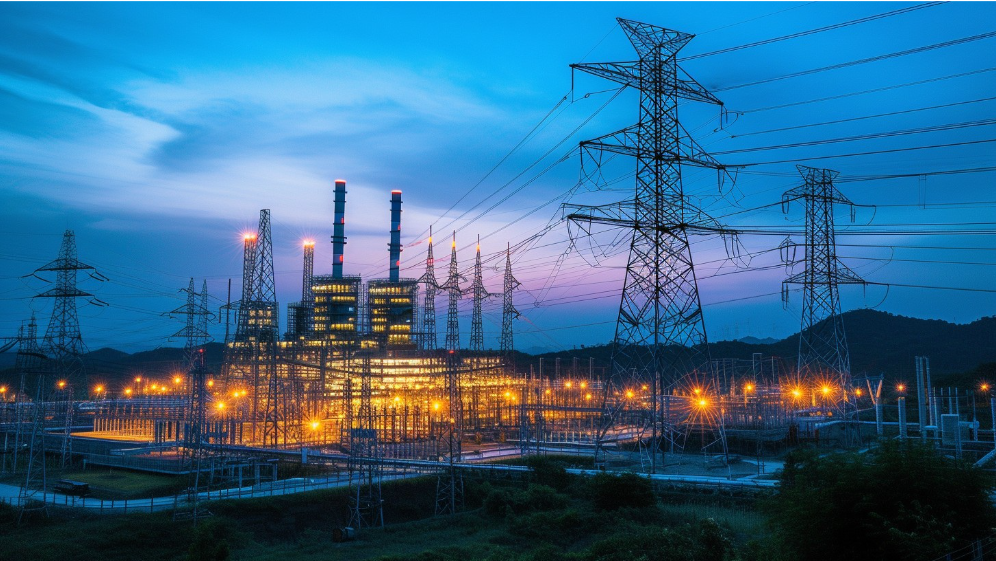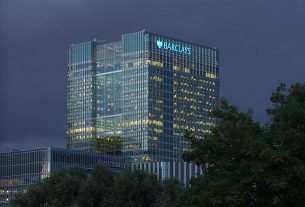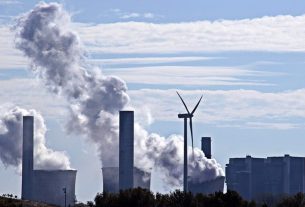Europe is facing a critical gap in its energy infrastructure, with over 500 gigawatts (GW) of renewable energy capacity sitting idle due to insufficient grid connections, according to Andreas Schierenbeck, CEO of Hitachi Energy. As the continent struggles to meet soaring energy demands and achieve its climate goals, Schierenbeck has called for urgent investment in power grids to ensure the transition to cleaner energy sources can move forward.
Grid Limitations Halting Renewable Energy Progress
Schierenbeck’s warning comes at a time when Europe has the potential to tap into vast renewable resources that could power millions of homes and electric vehicles. 500 GW is enough energy to run 50 billion LED light bulbs or charge 45 million standard electric vehicles. However, these resources remain underutilized, primarily due to outdated and overburdened grid systems.
The bottleneck poses a major risk to Europe’s Paris Agreement commitments, as grid limitations threaten to derail the continent’s transition to green energy. Schierenbeck compares the current challenge to the internet revolution of the 1990s, stressing that both governments and businesses need to move at a much faster pace to build the necessary infrastructure.
Regulatory Hurdles and Slow Permitting Processes
A major obstacle, according to Schierenbeck, is Europe’s current regulatory framework, which is designed to avoid unnecessary public spending but has become a roadblock to rapid energy transition. While construction of grid expansion projects typically takes two to three years, the remaining five to six years are often spent navigating lengthy permitting processes.
“We need to change our approach,” Schierenbeck said, emphasizing that investing now in the necessary infrastructure is more cost-effective than waiting for future consequences, which could include energy shortages and economic instability.
The Need for Collaboration
To overcome these challenges, Schierenbeck advocates for unprecedented collaboration between governments, businesses, and regulators. He pointed to a past experience in Germany, where a high-pressure gas pipeline, originally scheduled to take five to seven years to complete, was finished in just nine months due to regulatory flexibility.
Schierenbeck is confident that with the right approach, Europe can overcome its grid challenges. His company, Hitachi Energy, is already investing in expanding its capacity to meet the growing demand for grid technologies. For instance, Hitachi is investing more than €30 million to expand its transformer manufacturing facility in Germany, with the aim of supporting Europe’s clean energy goals.
What’s at Stake for Europe
Europe’s failure to invest in modernizing its power grid could have severe consequences for energy security, economic stability, and its ability to meet climate commitments. Schierenbeck remains optimistic, however, stating that innovation and regulatory reforms are still within reach and that Europe has the potential to lead the clean energy revolution — if it acts quickly.
“We will adapt, we will find solutions,” Schierenbeck concluded, emphasizing that Europe must act now if it wants to sustainably power the future.
Industrial power plant picture by stockcake



